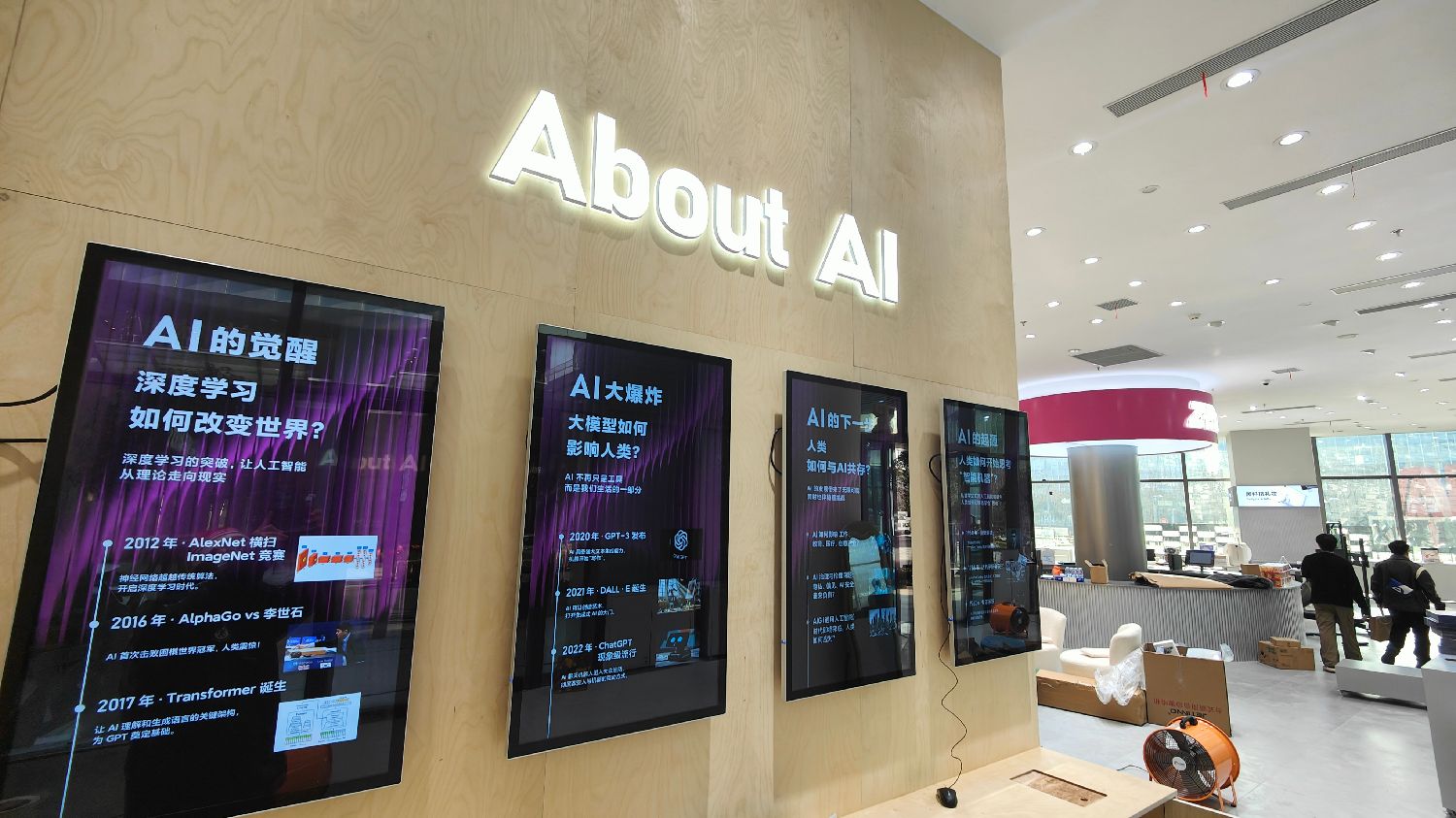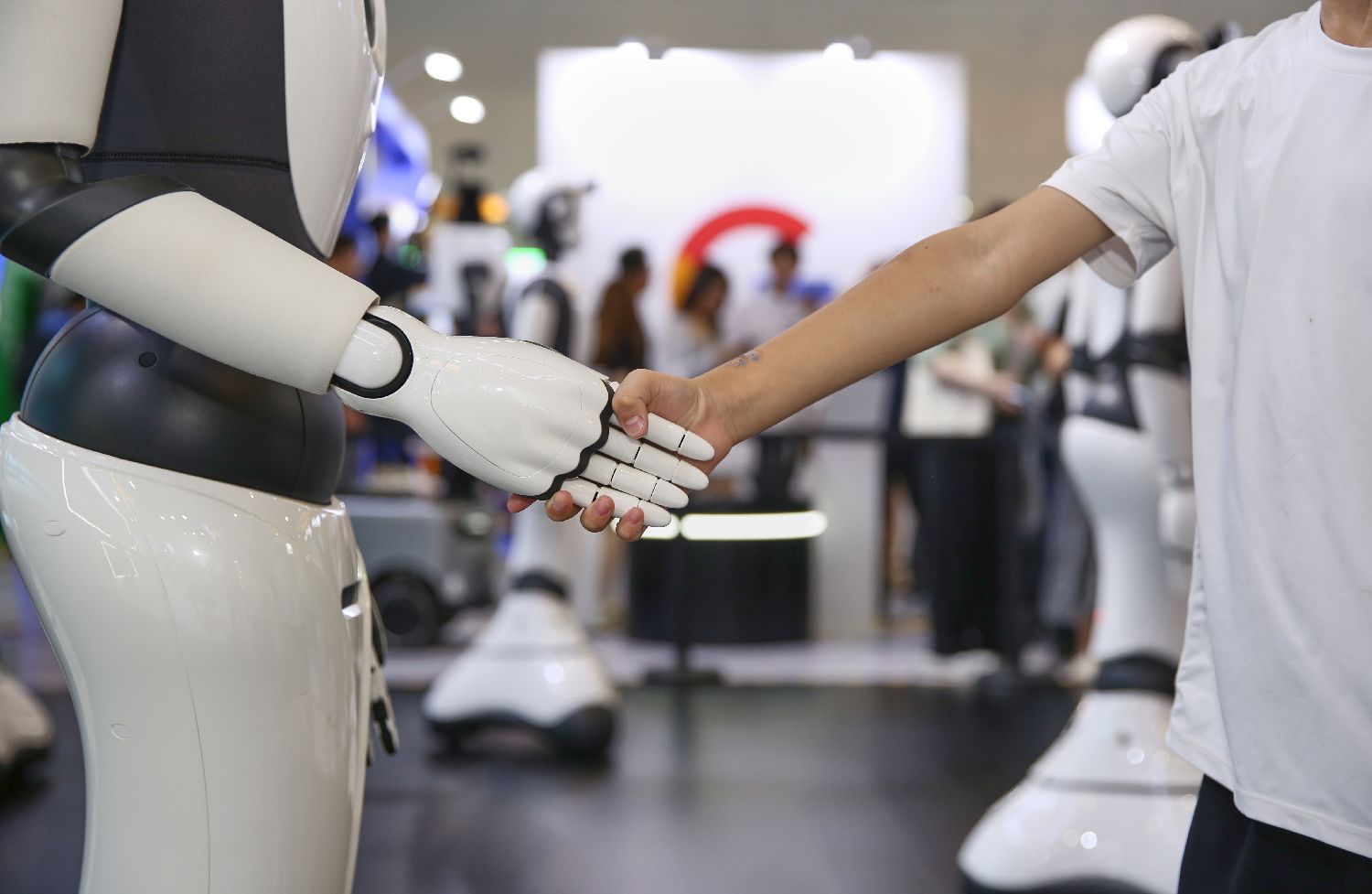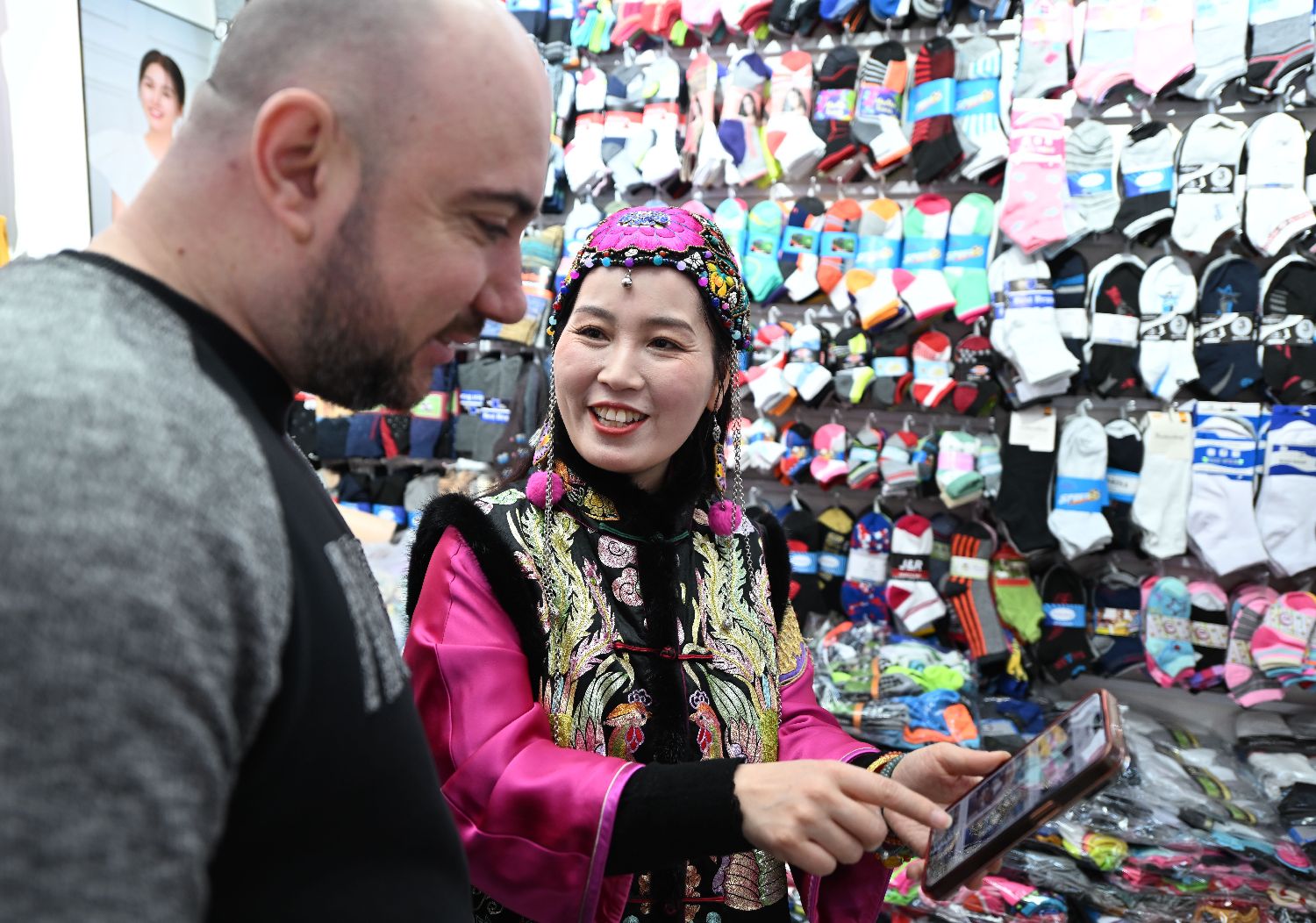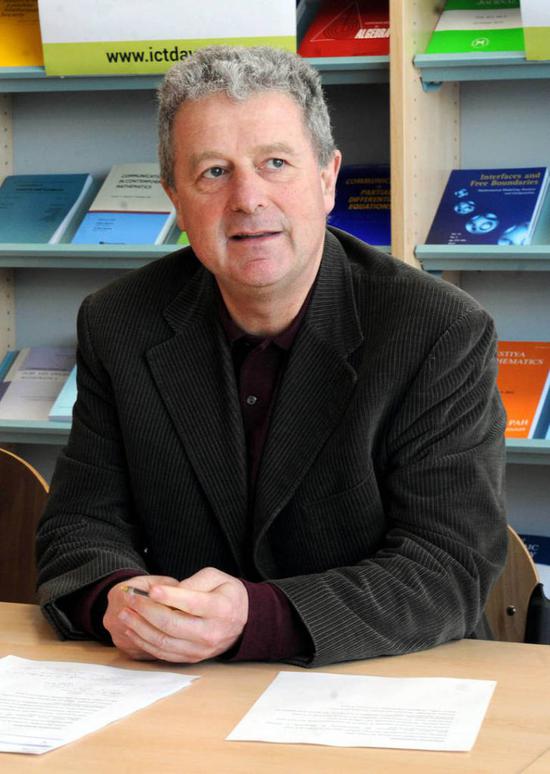OpenAI announced last Thursday the release of a research preview of its latest GPT-4.5 model, saying it is the largest model for chat yet. Since the start of 2025, a number of tech companies, including the Chinese artificial intelligence startup DeepSeek, the French company Mistral AI, and xAI which is led by U.S. entrepreneur Elon Musk, have launched new AI models in succession, showing the ongoing growth in the AI sector.
What is the developing trend of AI? What is the ideal relationship between competition and cooperation in the AI sector? What other challenges will AI technologies face in the future? What attitude and actions should we take to embrace the ongoing development of AI? Fausto Giunchiglia, member of the Academia Europaea and the honoree of the 2024 Chinese Government Friendship Award, recently gave an exclusive interview to W. E. Talk at China News Service to offer his explanation of these issues.
Here are excerpts of the interview:
CNS: What are the priorities in the development of the AI sector? To what extent does AI affect the development of human society?
Fausto Giunchiglia: At the moment, with the very fast development of Generative AI (GenAI), the dominating trend, even if not the only one, is towards the generation of intelligent systems which support users in people-centered tasks, that is, tasks that people have to do as part of their everyday or working life. Examples of such tasks are writing letters and text in general, solving mathematical problems, writing (easy) software programs, providing answers to user questions, typically on topics which are outside the user expertise, and so on.
The current trend will likely have an impact on the very foundations of human society. This might happen very fast. It is immediate to see two of the main opportunities that GenAI offers. The first is that a lot of knowledge-intensive work will be automated. The second is that people will have access to online oracles which will provide answers to almost any question. It will be possible to ask questions in natural language and the answer will no longer be a link to a web page, as with Web search, but an answer generated by integrating the online content with the large amount of commonsense knowledge that GenAI systems possess.


CNS: What challenges will AI bring to our future life?
Fausto Giunchiglia: A first challenge deriving from the widespread adoption of GenAI systems is an important loss of white-collar jobs. Hopefully, this effect will be transitory as new jobs will be created around the use of GenAI systems in old and new problem domains.
A second more subtle challenge relates to the safety issues which arise because of the low quality of the answers provided by GenAI systems. This problem arises because of the very nature of GenAI systems and of how they are trained. GenAI systems have no access to reality, as we perceive it, with our eyes, ears, smell, tact and taste. They have no idea of what reality is. They learn mainly from online text, as provided by third parties, most often humans, sometimes other AI systems.
Where does the material used to train AI systems come from? How to guarantee that the privacy of individuals is guaranteed? Issues like these raise a foundational medium-term question about the potential and not necessarily positive impact of GenAI on the future of humanity. It is easy to conceive a future where people will ask GenAI systems about everything, and most often about things they do not know about. Most often, people will have no means of checking whether what the GenAI says is true, or properly grounded in the current local context, as perceived by them.
CNS: The launch of DeepSeek-R1 this January by Chinese AI company DeepSeek has attracted much global attention. For you, what's the special point of this model?
Fausto Giunchiglia: The key important enhancement brought by DeepSeek is higher quality results with substantially lower energy consumption. This is definitely the way to go. But, in my opinion, this is only a first small step, a first set of results which can be amplified of orders of magnitude, leading to AI systems which are more affordable, more tuned to reality, and more useful to people.

CNS: Former Google CEO Eric Schmidt described DeepSeek's rise as "a turning point" in the global AI race. In your opinion, what is the ideal relationship between competition and cooperation in the AI sector?
Fausto Giunchiglia: AI is going to change how we think, the nature itself of knowledge and reasoning. This might become a unique opportunity for a huge jump in human civilization. Think about how much our quality of life would improve if each and every person in the world, given a need, could ask for help to the most qualified person in the world for that need. But to achieve this goal we need to go beyond the current trend where a single actor, most often for profit, proposes global solutions for problems.
Achieving the goal above requires operating at two levels. At a first cooperation level, we need to set up the foundational ethical, legal, sociological, organizational and technological data infrastructure which will allow different cultures to understand one another and to share data and models. At a second level, locally, the different economies will produce their GenAI and data driven products and services. In turn, these will be distributed competitively worldwide thanks to the above, cooperatively built, infrastructure.
The net result will be a much more knowledgeable and data-aware society where each culture will be enriched by the interaction with the others while preserving its own identity. GenAI would give us the possibility of building a more inclusive and sustainable society, this being the result of all of us knowing better and appreciating the similarities and diversities with the others.
CNS: AI Action Summit closed in France on February 11. Altogether 60 countries and international organizations signed a statement which states that priorities include "ensuring AI is open, inclusive, transparent, ethical, safe, secure and trustworthy". For you, are these the challenges for the future development of AI? For common people who don't do the professional research in AI, what attitude and actions should be taken to embrace the ongoing development of AI?
Fausto Giunchiglia: These are clearly the core challenges. The ones which everybody should agree upon. I can only see a few motivations why one might not agree. The first relates to being shortsighted and the second to the belief of having a competitive advantage which can be maintained in time. This way of thinking, I am totally convinced, will lead to a failure. But agreeing on the general principles is not good enough. The above statement and vision must be translated in an operational plan and then in concrete actions.
AI is about growing our own knowledge and understanding about life and how to act in the world. It is about using the knowledge of other people. Ultimately, it is about collectively sharing our knowledge. It would empower us, as human kind, beyond our biggest limitation, that is, our extremely limited knowledge of the world around us. For now, it is hard now to see an upper limit in how far we can get in this process, in a positive but also in a negative way. (End)

By/Guan Yilun from China News Service (CNS)

